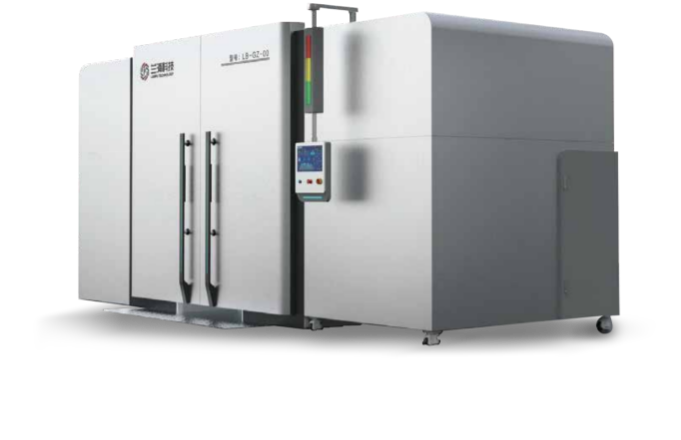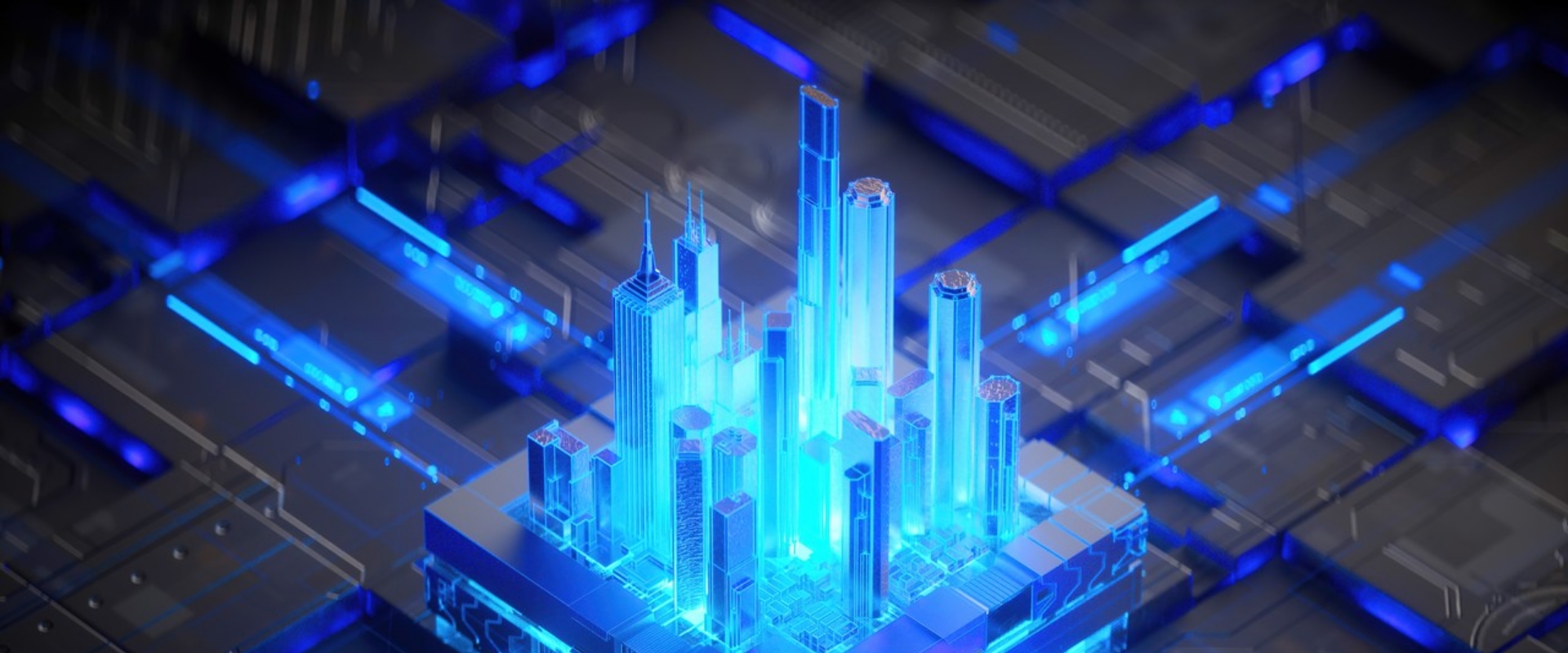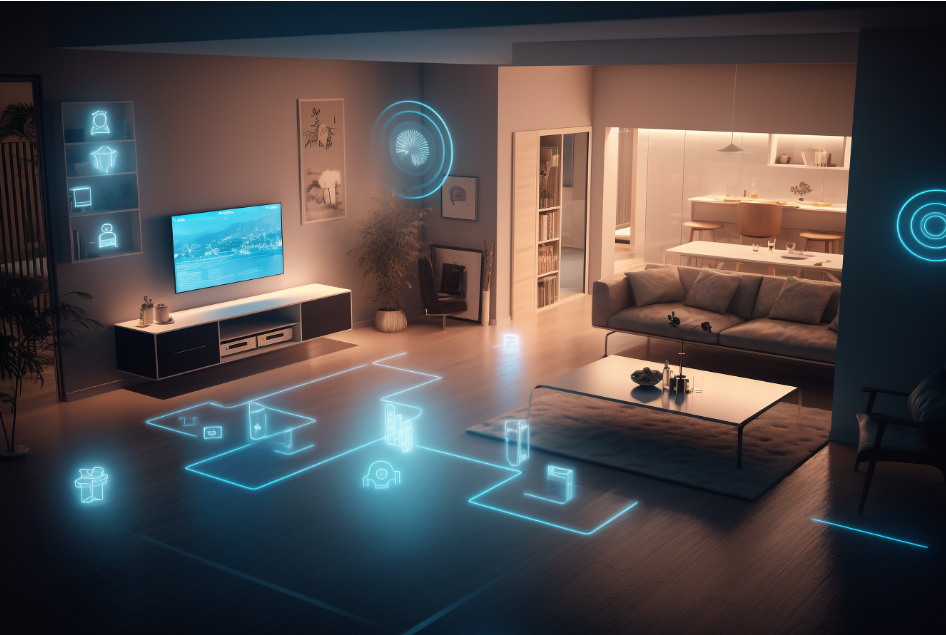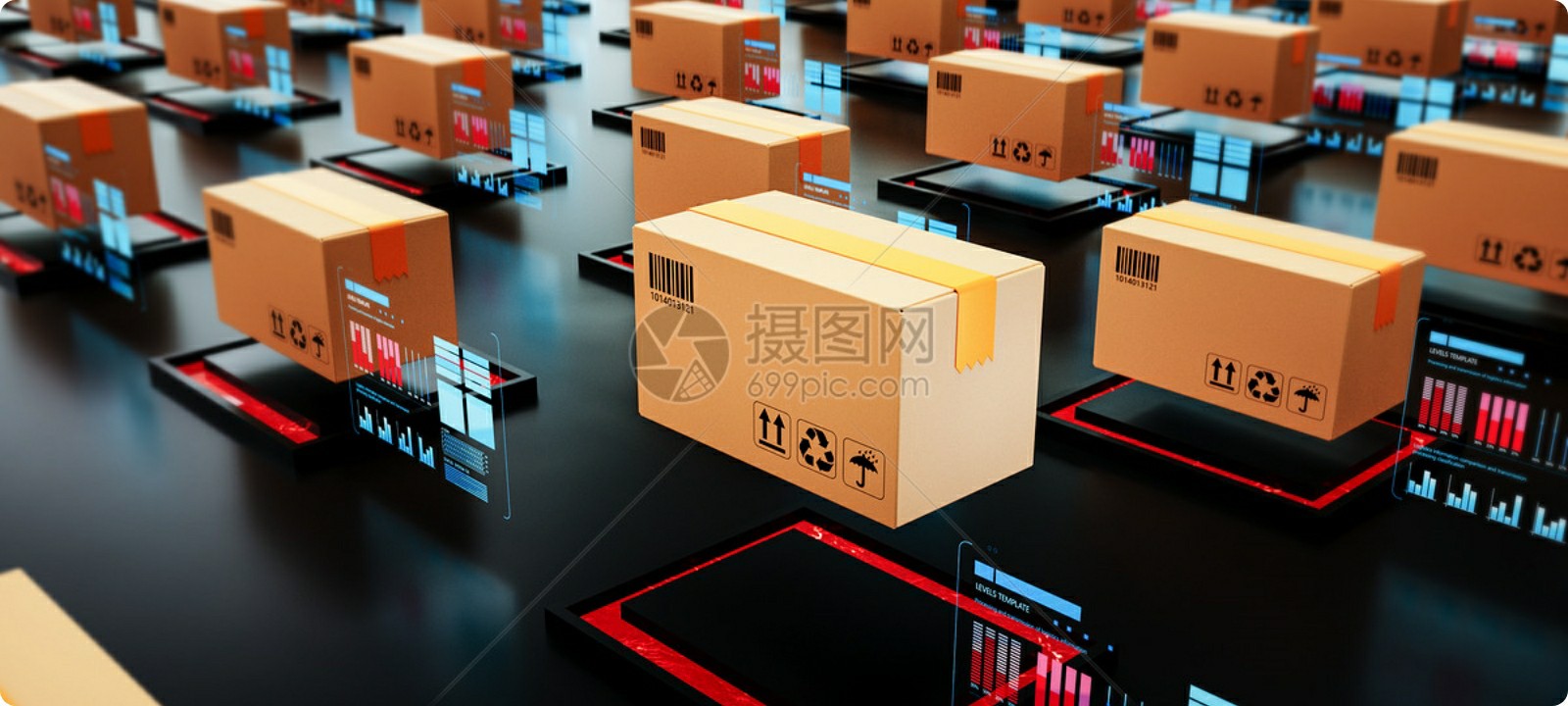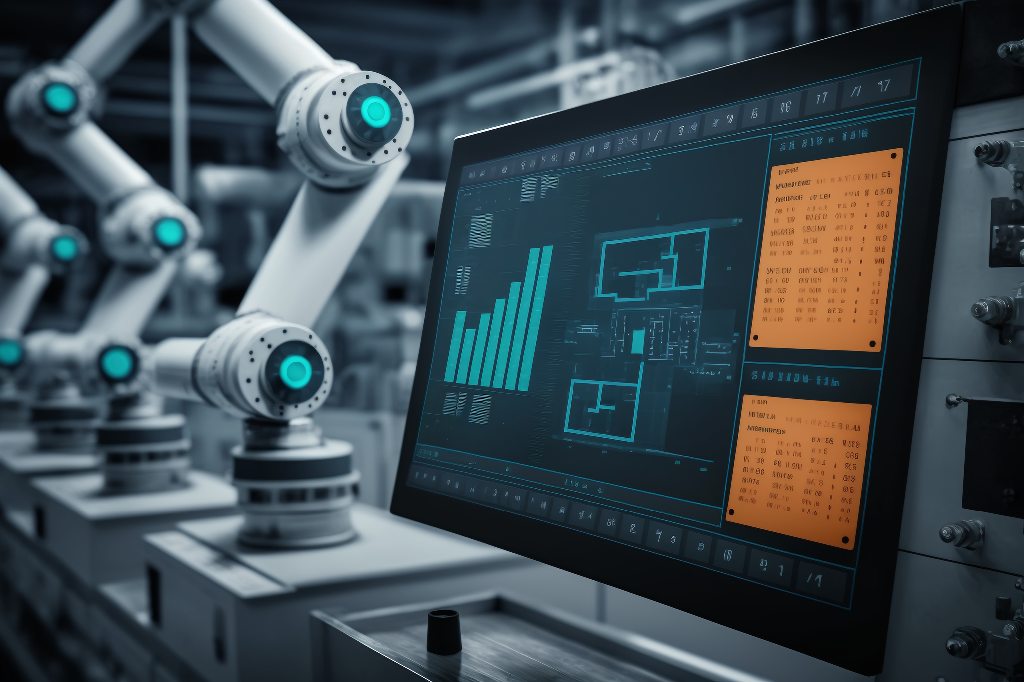IIoT (Industrial Internet of Things) is to extend the Internet of Things technology to the industrial field, all kinds of collection sensors, control sensors or controllers with the ability of sensing and controlling, through the IoT sensing and communication technology into the industrial production process in all aspects, so as to improve the production efficiency, improve the quality of the product, reduce the cost of the product and the consumption of resources, and to realize the stage of upgrading the traditional industry to the intelligentization.



Perception and control technologies, mainly including sensors, radio frequency identification, multimedia, and industrial control, are at the core of the deployment and implementation of the Industrial Internet of Things.

Network communication technology mainly includes Ethernet and wireless communication technology, which is the foundation of industrial IoT interconnection.

Information processing technology mainly includes data cleaning, data analysis, data modeling and data storage to provide support for industrial IoT applications.

Security management technologies, which mainly include encryption authentication and intrusion prevention, are key to industrial IoT deployment.
Industrial IoT systems combine physical devices with connected sensors and software to collect and analyze data in real time, enabling companies to optimize operations, reduce downtime and increase productivity.
Security is a primary concern in any industrial environment. The Industrial Internet of Things (IoT) has a significant contribution to make in enhancing safety in the industry. Utilizing Industrial IoT, companies can monitor machine and environmental conditions in real-time to identify and address potential hazards in a timely manner.
High-quality products and services are key to the success of the manufacturing industry. Industrial IoT plays an important role in realizing this goal by providing real-time data on various production parameters (e.g., temperature, pressure, humidity, etc.). This data helps companies maintain optimal production conditions, thus ensuring consistent product quality.
Industrial IoT is disruptive when it comes to cost reduction. By optimizing operations, improving product quality, and reducing unplanned downtime, Industrial IoT can help companies save significant amounts of money.













